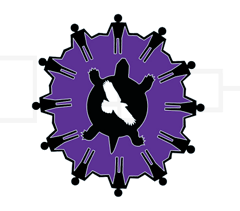Abstract
To answer questions about human psychology, psychological science needs to yield credible findings. Because of their goals of understanding people’s lived experiences and advocating for the needs of the Native communities, Indigenous scholars tend to use community-based participatory research (CBPR) or approach science from a constructivist framework. The primary goal of mainstream psychological science is to uncover generalizable facts about human functioning. Approached from a postpositivist framework, mainstream psychological scholars tend to assume the possibility of identifying researcher biases and achieving objective science. Recently, many psychological findings failed to replicate in new samples. The replication crisis has raised concerns about the validity of psychological science. Mainstream open science practices have been promoted as a solution to the replication crisis; the movement encourages researchers to emphasize transparency and accountability to the broad scientific community. The notion of transparency aligns with the principles of CBPR—approach common in Indigenous research. Yet, open science practices are not widely adopted in Indigenous research, and mainstream open science does not emphasize researchers’ accountability to the communities that their science is intended to serve. We examined Indigenous researchers’ awareness and concerns about mainstream open science. Participants endorsed the value of being transparent in the knowledge-production process with the participants and their communities. They also were concerned about being disadvantaged, and the possible negative impact of data sharing on the Native communities. We suggest that there is value in connecting mainstream open science and Indigenous research to advance science that empowers people and makes positive community impact.
Recommended Citation
Lui, P. Priscilla; Skewes, Monica C.; Gobrial, Sarah; and Rollock, David
(2021)
"Advancing Transparency and Impact of Research: Initiating Crosstalk between Indigenous Research and Mainstream “Open Science”,"
Journal of Indigenous Research: Vol. 9:
Iss.
2021, Article 10.
DOI: 10.31219/osf.io/bg9a4
Available at:
https://digitalcommons.usu.edu/kicjir/vol9/iss2021/10

